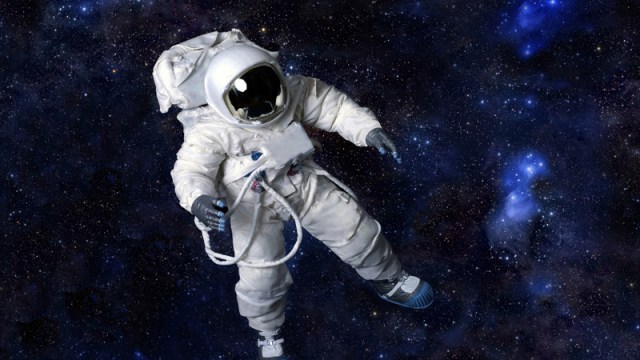
Space Exploration
Space science involves more than just distant observations of celestial bodies. It also contains a fundamental comprehension of the rules of physics that govern the cosmos. The validation of Albert Einstein’s theory of gravity was one of the most important contributions to space science.
Our understanding of how gravity functions in the cosmos has improved as a result of observations of stars and galaxies. The field of natural sciences known as “Earth and Space Sciences” (IPBA) is responsible for studying natural occurrences on Earth as well as celestial bodies throughout the solar system and the entire cosmos.
One of the most fascinating and enigmatic areas of science is space science, usually referred to as astronomy or astronomy. It is the examination of the larger, more inclusive universe.
Space science has rich historical roots, which can be traced back thousands of years. Ancient civilizations such as the Egyptians, Babylonians, and Chinese had knowledge of celestial movements and stargazing. They developed a calendar based on the movements of celestial bodies, which had implications for their agriculture and religion.
However, significant developments in space science began during the European Enlightenment. Scientists such as Nicolaus Copernicus, Johannes Kepler, and Galileo Galilei based their discoveries on observations and measurements of stars and planets. Copernicus’ heliocentric theory, which placed the Sun at the center of the solar system, shook the world view of the time and paved the way for the modern understanding of the universe.
The 20th century was a significant turning point in the development of space research. Important milestones in the history of space travel include Yuri Gagarin’s 1961 launch of the first human into orbit and Apollo 11’s 1969 Moon landing. They demonstrate that people can explore space, which makes way for further investigation.
Technological advancements have significantly altered the field of space science in recent decades. New perspectives of the cosmos have been made possible by space telescopes like the Hubble Telescope. Incredible information on the planets in our solar system and extraterrestrial objects has been provided by space missions like the Mars Rover and New Horizons.
The creation of piloted spacecraft is among the most significant developments in contemporary space science. The International Space Station (ISS) is a remarkable example of international cooperation and is now the temporary home of astronauts from several nations. This has made it easier for us to comprehend how living in space affects human health.
Humans have long been drawn to exploring the uncharted, finding new planets, and pushing the bounds of what is possible. Humans have benefited from knowledge, study, and technology for ages, including in this context. The US space agency (NASA) claims that a new era of space exploration has begun. Developing the tools and systems required to explore beyond low Earth orbit has proven difficult for NASA.
Studying IPBA (Earth and Space Science) has the advantage of making it simpler to comprehend natural events on earth, the strata of the earth, the formation of the solar system, and the components of the solar system as a whole. intimately connected to human life. Knowing the universe also enables us to spot prospective dangers like asteroids that could seriously harm Earth.
Global projects have been launched to monitor and provide defences against such threats. Space science also has a significant inspiring component. Generations of young people have been motivated to pursue careers in science, technology, and engineering by space exploration. This has sparked innovation and produced jobs across many industries.
In addition, study in the field of space science has assisted us in discovering exoplanets, or planets outside of our solar system. The concerns of whether there is life outside of Earth and whether we are alone in the universe are fundamentally raised by this inquiry.
By: Adelia Septian Anggraini
Write and Win: Participate in Creative writing Contest & International Essay Contest and win fabulous prizes.


